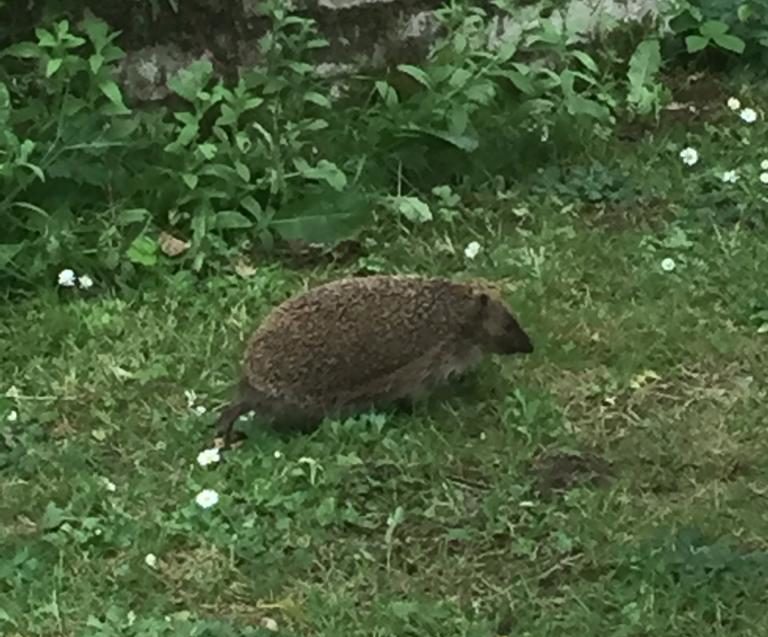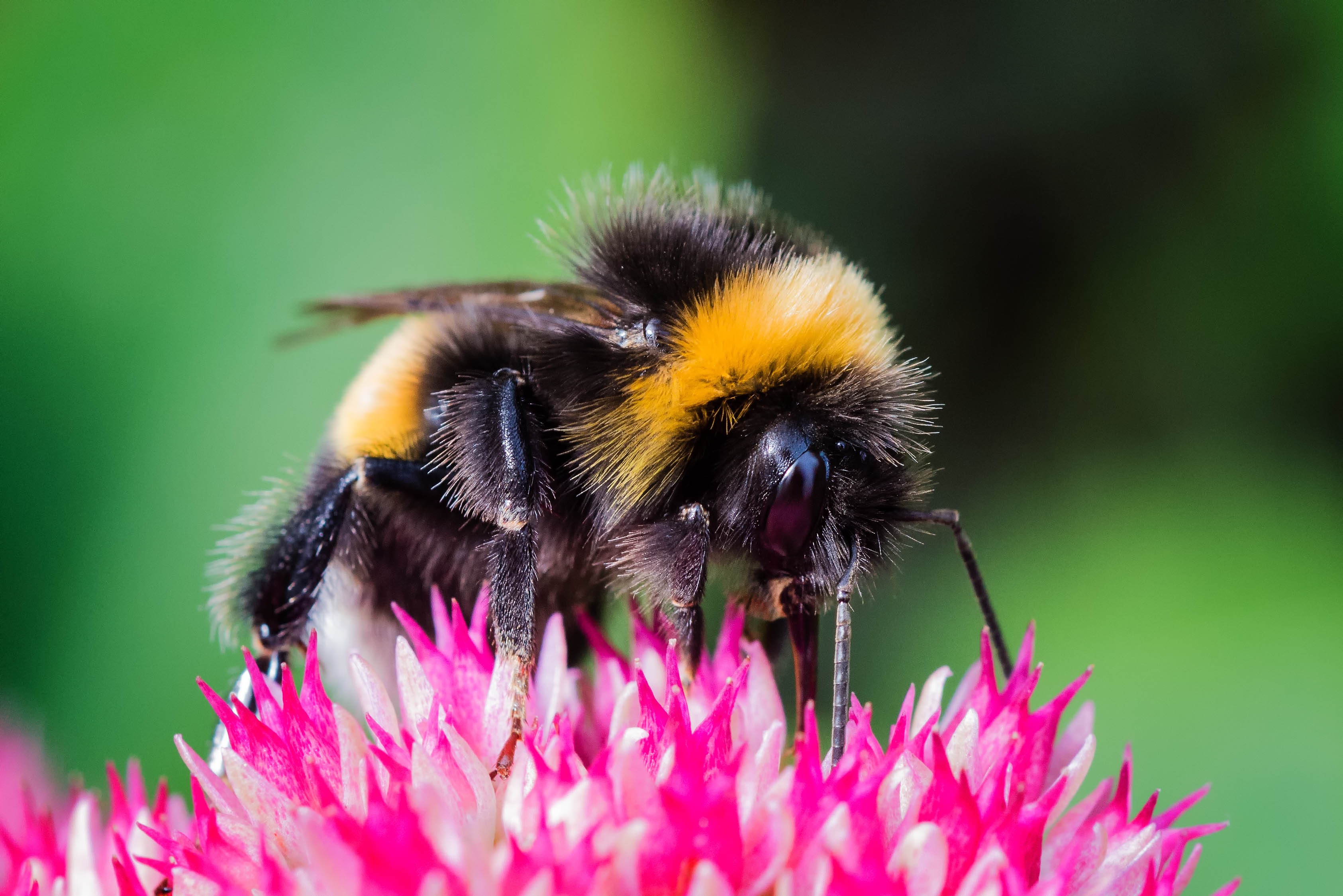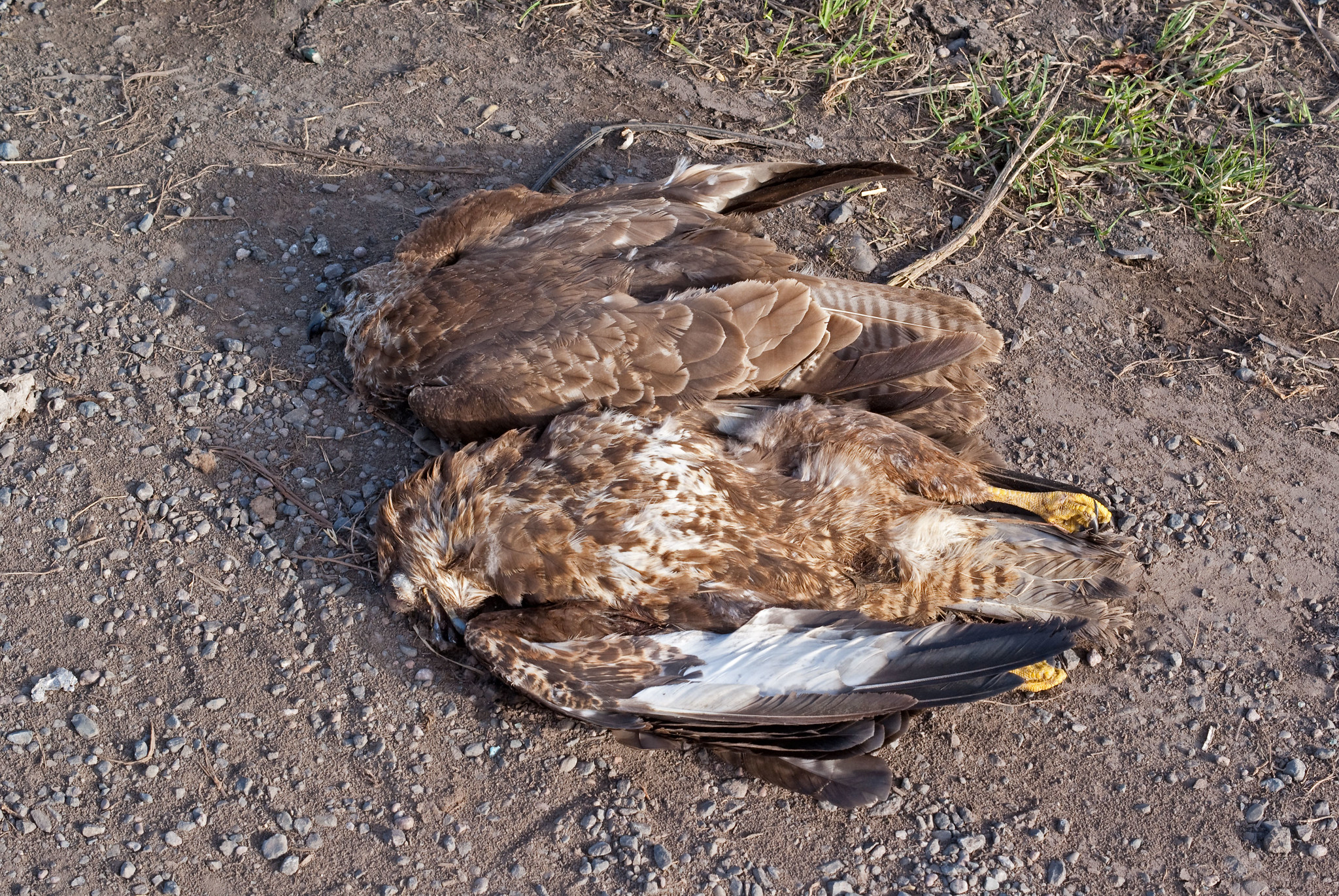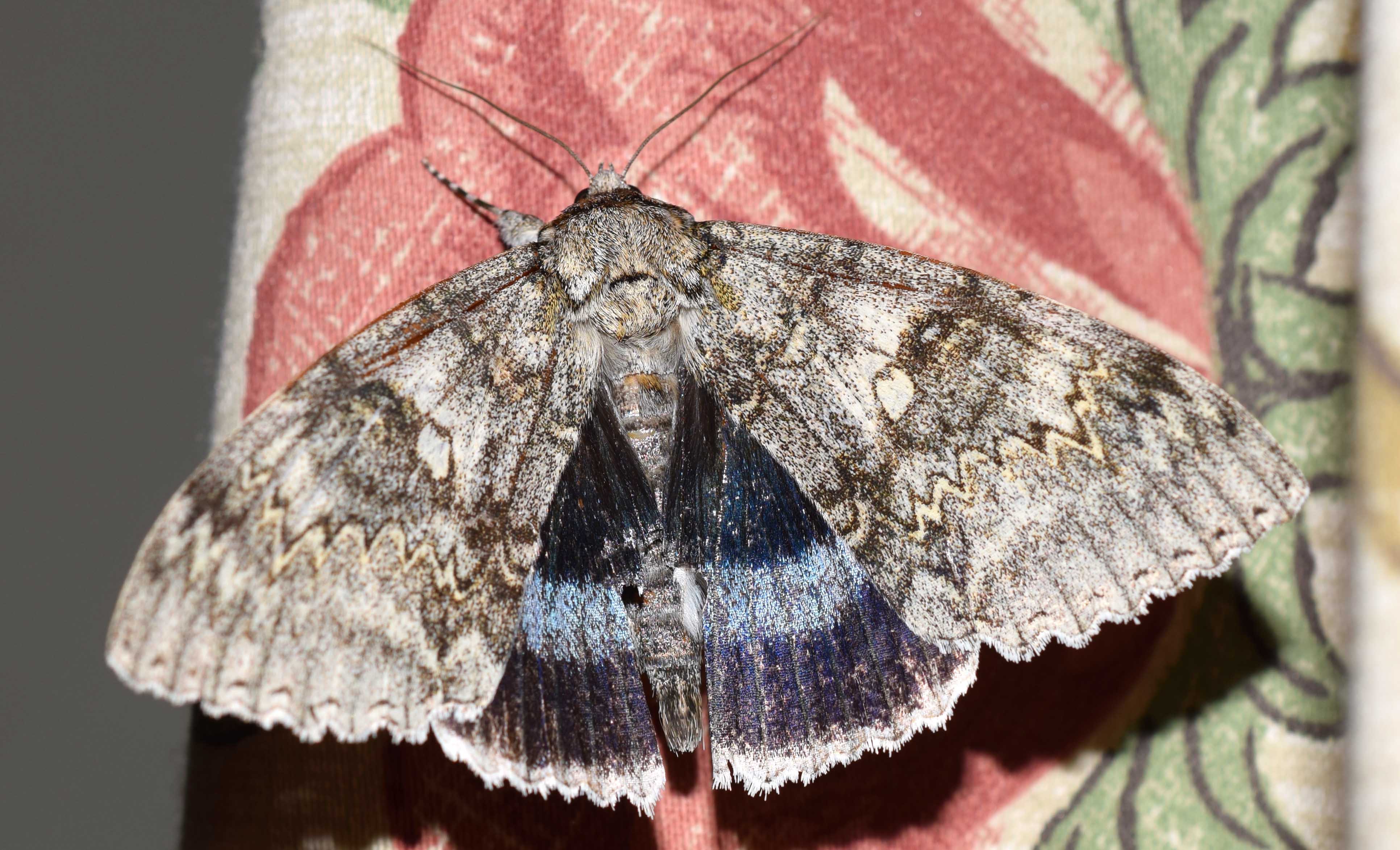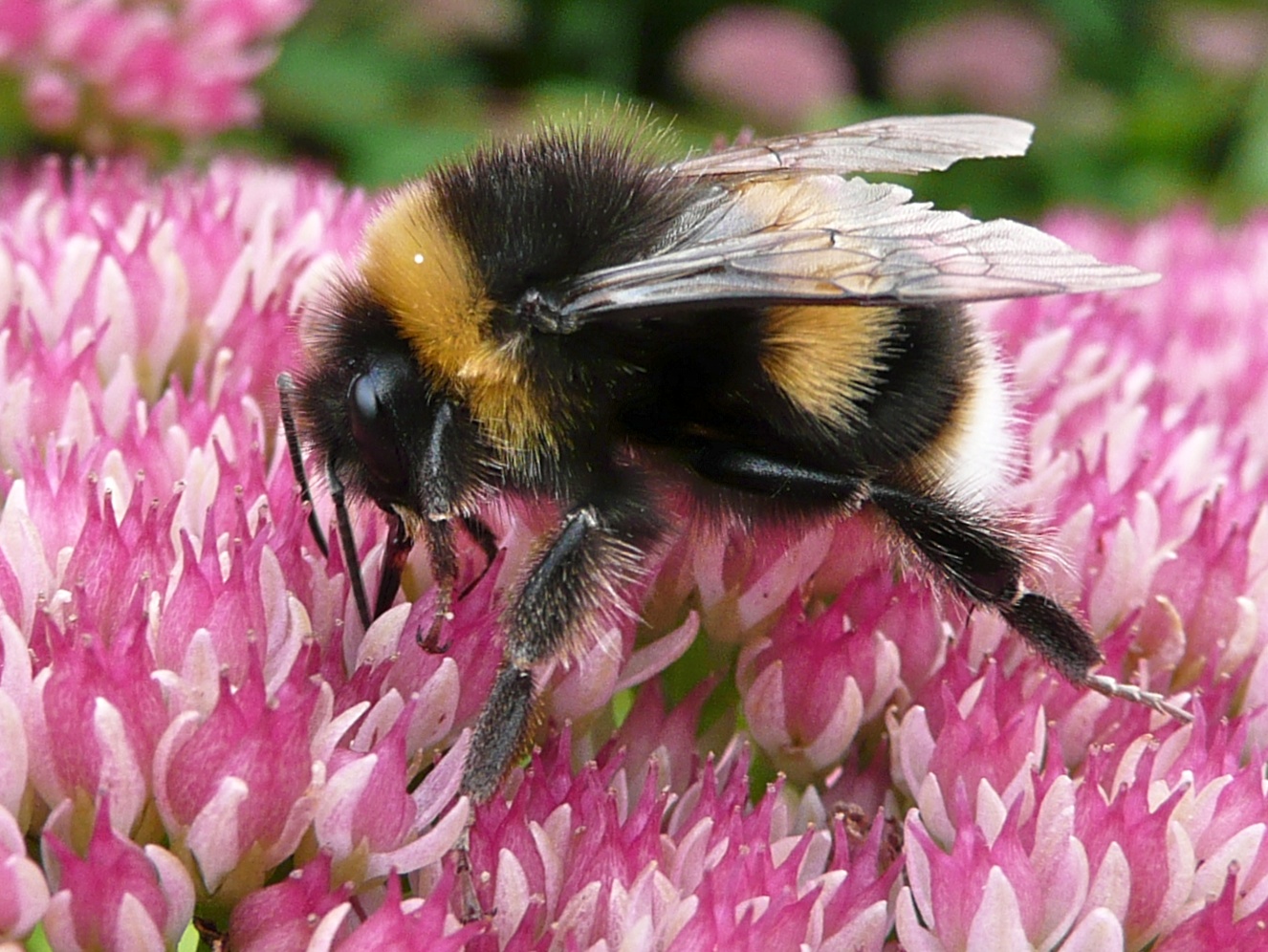The Independent reports almost 17,000 tonnes of pesticides are sprayed on UK countryside each year, warns The Wildlife Trusts. Insects are rapidly being annihilated, risking ecosystem collapse with dire repercussions for humanity, according to a report urging major new targets to preserve these vital creatures and the environments which support them.
The Wildlife Trusts’ Reversing the Decline of Insects report lays bare the huge toll human activity is having on insects and their habitats, and calls for action “at every level of society, from local to global”, to address the issue.

